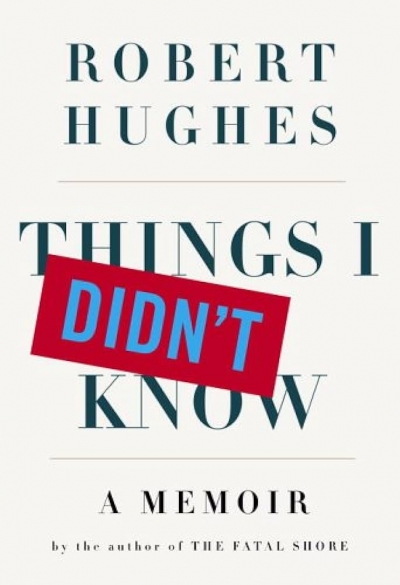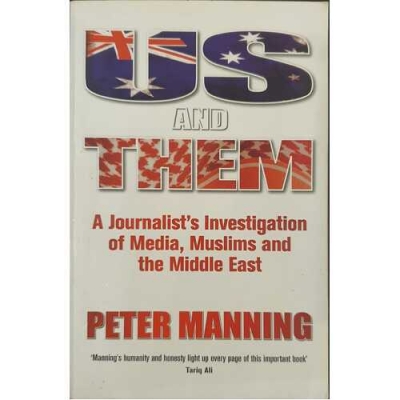Accessibility Tools
- Content scaling 100%
- Font size 100%
- Line height 100%
- Letter spacing 100%
Archive
Things I Didn’t Know by Robert Hughes & North Face of Soho by Clive James
Church Alive!: Pilgrimages in faith 1956–2006 by Greg Dening
The Patrician and The Bloke: Geoffrey Serle and the making of Australian history by John Thompson
The Wayward Tourist: Mark Twain's adventures in Australia by Mark Twain, with an introduction by Don Watson
Us and Them: A journalist’s investigation of media, Muslims and the Middle East by Peter Manning
Donald Friend (1915–89) was one of Australia’s most prolific and widely travelled artists. Forty-four of his diaries are held in the National Library of Australia’s Manuscript Collection (individual diaries are held by the National Gallery of Australia and the James Hardie Library of Australian Fine Arts at the State Library of Queensland). The National Library also has items that are part of the important body of work that Friend produced in handcrafting thirteen lavishly illustrated manuscripts, largely in the last two decades of his life: ‘Birds from the Magic Mountain’; ‘Ayam-Ayam Kesayangan, Volume 3’; and ‘The Story of Jonah’ and ‘Bumbooziana’. These projects saw him develop the skills that he had honed for nearly forty years, in his illustrated diaries and earlier publishing ventures, into a highly sophisticated artistic practice, not unlike that of a medieval calligrapher but with the licence to do as he wanted.
... (read more)








